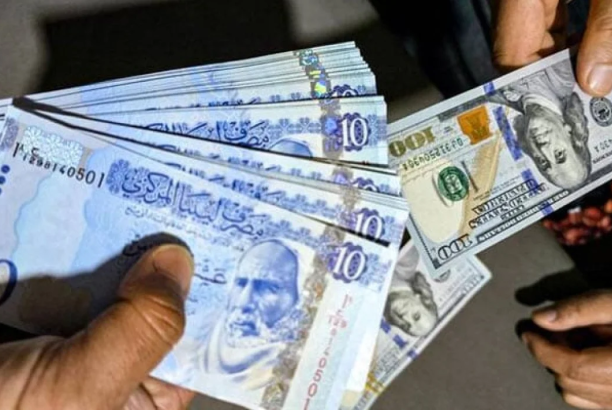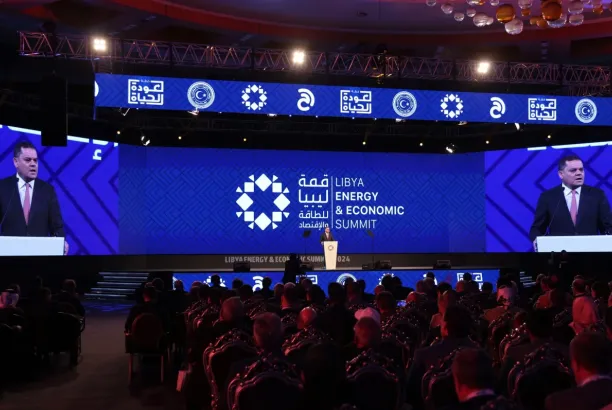
| Reports
Libya Braces for Financial Chaos: European Site Reveals the Country’s Deepening Economic Disasters
The European-based “Atlantic Council” reported on Wednesday that Libya’s crisis has shifted from a fragile stagnation to outright collapse. The situation is now visibly deteriorating, with financial figures becoming undeniable and consequences increasingly imminent.
The site pointed out that for several months, economists and analysts have warned of this trajectory — their forecasts weren’t based on unrealistic warnings or abstract models, but on daily observations: rising inflation, a widening budget deficit, and a gradual disappearance of public oversight.
According to the report, Libya’s Central Bank had previously issued stern warnings. In 2024, the Government of National Unity spent more than 109 billion Libyan dinars, while the parallel government in the east accrued over 49 billion dinars in off-budget commitments. Neither figure reflects coordination or fiscal discipline — merely the actions of officials either unaware of or indifferent to the consequences of reckless spending.
Preparing for Financial Chaos:
The site explained that both sides have revealed the scale of financial disorder. In response, the Central Bank of Libya adjusted the official exchange rate, raising it to 5.48 LYD per USD, while maintaining its 15% surcharge on foreign currency purchases. While technically a policy adjustment, this step is a temporary fix — an attempt to absorb political excesses amid shrinking monetary space. It underscores a deeper truth: Libya’s financial institutions are no longer steering the economy, but rather preparing for its collapse.
The report noted that while Libya still appears to be producing oil, in reality, its economy is crumbling. The Libyan dinar’s black-market exchange rate spiked to 7.8 LYD per USD within 48 hours of the Central Bank’s decision — a justified vote of no confidence in the country’s financial and monetary authorities. The institutions that once anchored stability through budget audits, revenue tracking, foreign currency regulation, and centralized oversight have been reduced to remnants. What remains is an economy fueled by improvisation, secretive deals, and political maneuvering.
A Corruption System by Design:
The site added that corruption in Libya evolved in stages. Initially, the scramble was over resources once monopolized by Muammar Gaddafi — budget items, salary plans, procurement deals. Later, transitional authorities fought over who would allocate those resources, vying for control of institutions and their budgets. Today, this logic has reached its peak, completely distorting the allocation process itself. Libya’s economic crisis is no longer just about who benefits — it’s about how those benefits are manufactured.
The site further explained that Libya’s system lacks accountability and oversight, with frequent budget violations often negotiated through unofficial intermediaries tied to transnational networks, and without public scrutiny. Despite the National Oil Corporation’s pledge to end crude oil-for-fuel swaps by March 2025, these transactions are already overshadowed by more elaborate and opaque arrangements. According to the report, this marks the latest development in Libya’s uniquely “innovative” corruption system.





